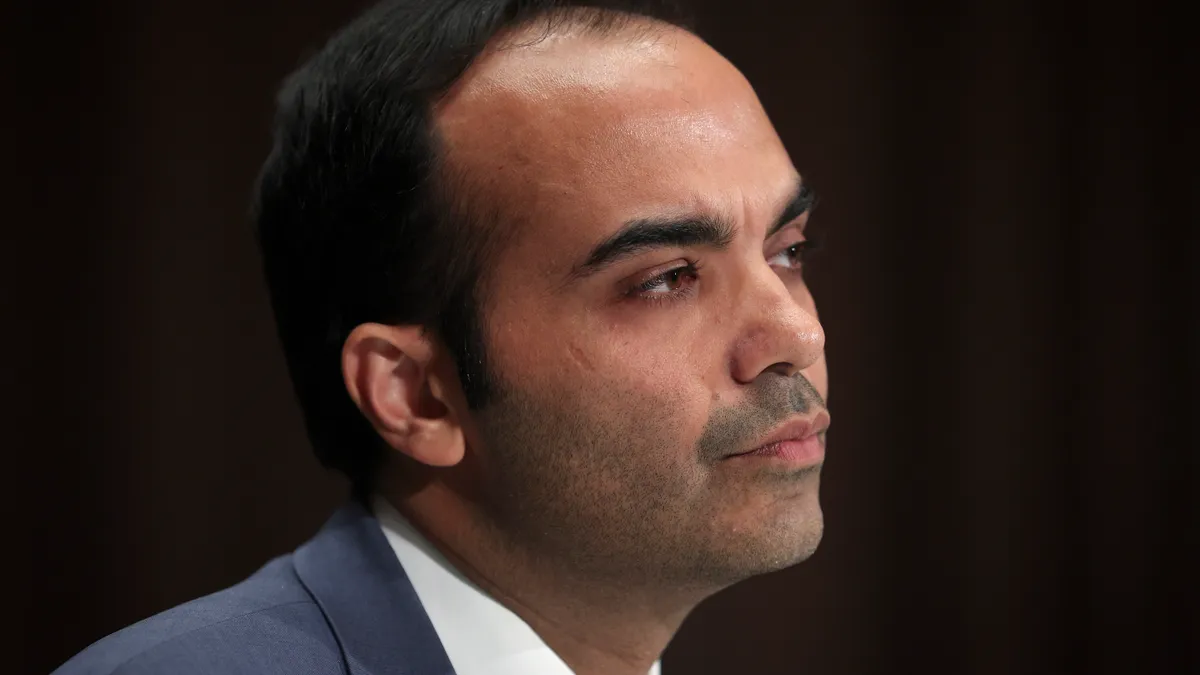Just days after several banks and financial trade groups sued the Consumer Financial Protection Bureau in Mississippi federal court over the agency’s final overdraft rule, the groups filed a preliminary injunction to pause the rule as litigation proceeds.
The new rule, which caps overdraft fees at $5 for banks with $10 billion or more in assets — among other options — is set to take effect Oct. 1, 2025.
But American Bankers Association CEO Rob Nichols said the rule “ignores thoughtful industry and stakeholder feedback, and will harm the very consumers the CFPB claims to protect,” according to a press release published alongside the original lawsuit last week.
The ABA, alongside the Consumer Bankers Association, Mississippi Bankers Association, America’s Credit Unions and three banks, argued in the preliminary injunction filed Wednesday that the consumer financial watchdog exceeded its authority under the 1968 Truth in Lending Act by categorizing overdraft fees as “credit.”
Plaintiffs allege that what the CFPB recently called “clos[ing] the large bank regulatory loophole” is actually “a radical reinterpretation of TILA,” in conflict with the [Federal Reserve Board]’s longstanding view that discretionary overdraft services lack a credit feature and thus their associated fees are not finance charges.
Weston Loyd, a spokesperson for the CBA, told Banking Dive that by attempting to reclassify overdraft services as credit, the final rule “would not only fundamentally alter the way overdraft services operate, but will require banks to underwrite consumers that in many cases cannot be underwritten under conventional methods.
“As a result, this would harm Americans who are in need the hardest by limiting their access to liquidity through overdraft services,” Loyd said.
The 63-page preliminary injunction is asking the court to halt the final rule’s implementation, and to reprieve financial institutions from spending time and effort preparing for the final rule in the interim.
“Given the significant scale and complexity of the Final Rule and its October 1, 2025 effective date, Very Large Financial Institutions must begin preparing to comply immediately; thus, they must begin incurring substantial costs now that will be unrecoverable in the event the Final Rule is vacated,” plaintiffs allege.
A spokesperson for the CFPB declined to comment to Banking Dive.














